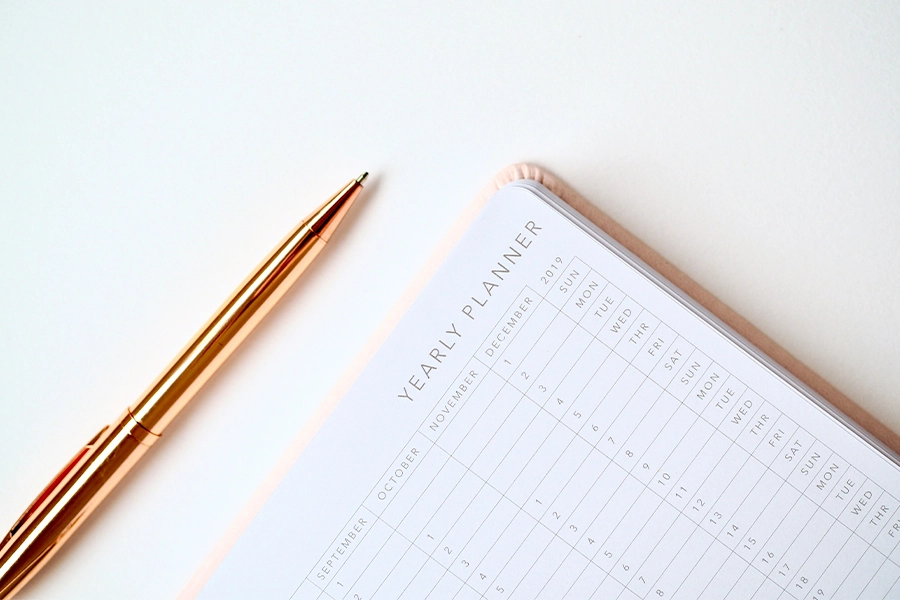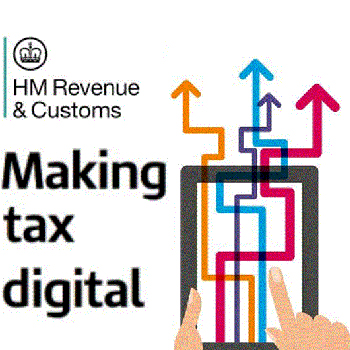Do you need to reduce your potential tax bill?
The 5th April will be here before we know it, which signals the end of the 2023/24 tax year. But before it’s too late, make sure you consider some of these allowances which could reduce your personal tax bill for the year.
Pension Contributions
When you make pensions to a private pension scheme, you get basic rate tax relief automatically. Basically, this means if you pay £80 into a pension, the government pays £20, to top it up to £100 in your pot. However, if you’re a higher rate taxpayer, you pay tax at 40%, so if you pay £80 into a pension, the government will only top it up by £20 when you’ve paid £40 tax on this amount.
So that you can get the extra tax back that you paid on that £80, there is an adjustment on your tax return to make the limit when you start paying tax at 40% higher.
So normally, when your total income goes over £50,270, you start paying tax at 40%, but if you make pension contributions, this limit goes up so that you can get the extra tax back. So if you earn over this limit, it might be worth thinking about making an extra contribution to bring your tax down.
Charity Donations
Similarly to pension payments, when you make a charity payment with gift aid, the government tops the payment up by the basic rate tax rate.
If you are a higher rate tax payer and are planning on making a donation to charity, it might be worth making it before the end of the tax year so that you can get the extra tax back on the payment.
Capital Gains Tax Annual Exemption
Every tax year, everyone gets a tax-free annual allowance called an annual exemption to use against any capital gains in the year.
This tax free amount reduced to £6,000 for the 2023/24 tax year and it’s going down to £3,000 for the 2024/25 tax year so it’s important to use the larger allowance this tax year if you can.
This allowance applies when you sell things like a second home or shares, so if you can work the timing of the sale well, you could pay less tax on the gain.
ISA Allowance
Each tax year, you have a £20,000 tax free allowance to put into an ISA. There are different types of ISAs such as cash ISAs, stocks and shares ISAs, innovative finance ISAs and Lifetime ISAs. The £20,000 can be put into one of these types of ISA or it can be split between them.
Once the tax year ends, if you haven’t used the £20k allowance, you lose it. So if you want to make use of your allowance for the 2023/24 tax year, make sure you put the money in before 5th April.
Inheritance Tax
There is a £3,000 annual exemption each tax year which can be used to give money or possessions free of inheritance tax.
Normally, gifts that are given within 7 years of your death are counted as part of your estate for inheritance tax but making use of this annual exemption can help reduce your taxable estate before you die.
Unlike the ISA allowance, any unused allowance can be carried forward to the next tax year but only for one year.
It’s worth pointing out that most people don’t fall within inheritance tax anyway, due to the threshold of the estate needing to be over at least £325,000 and up to £1m in some cases.
However, if you think you will be above the threshold, it might be worth speaking to a tax adviser to make sure you are making use of the annual exemption.
Summary & Conclusion
To conclude, there is still time to consider the tax efficient options that may be available to you! These are a few ways to reduce your personal tax bill. If you need guidance on any of the topics discussed in this blog, or feel you have any questions – please get in touch with us info@future-cloud.co.uk!
We hope this has been helpful!


